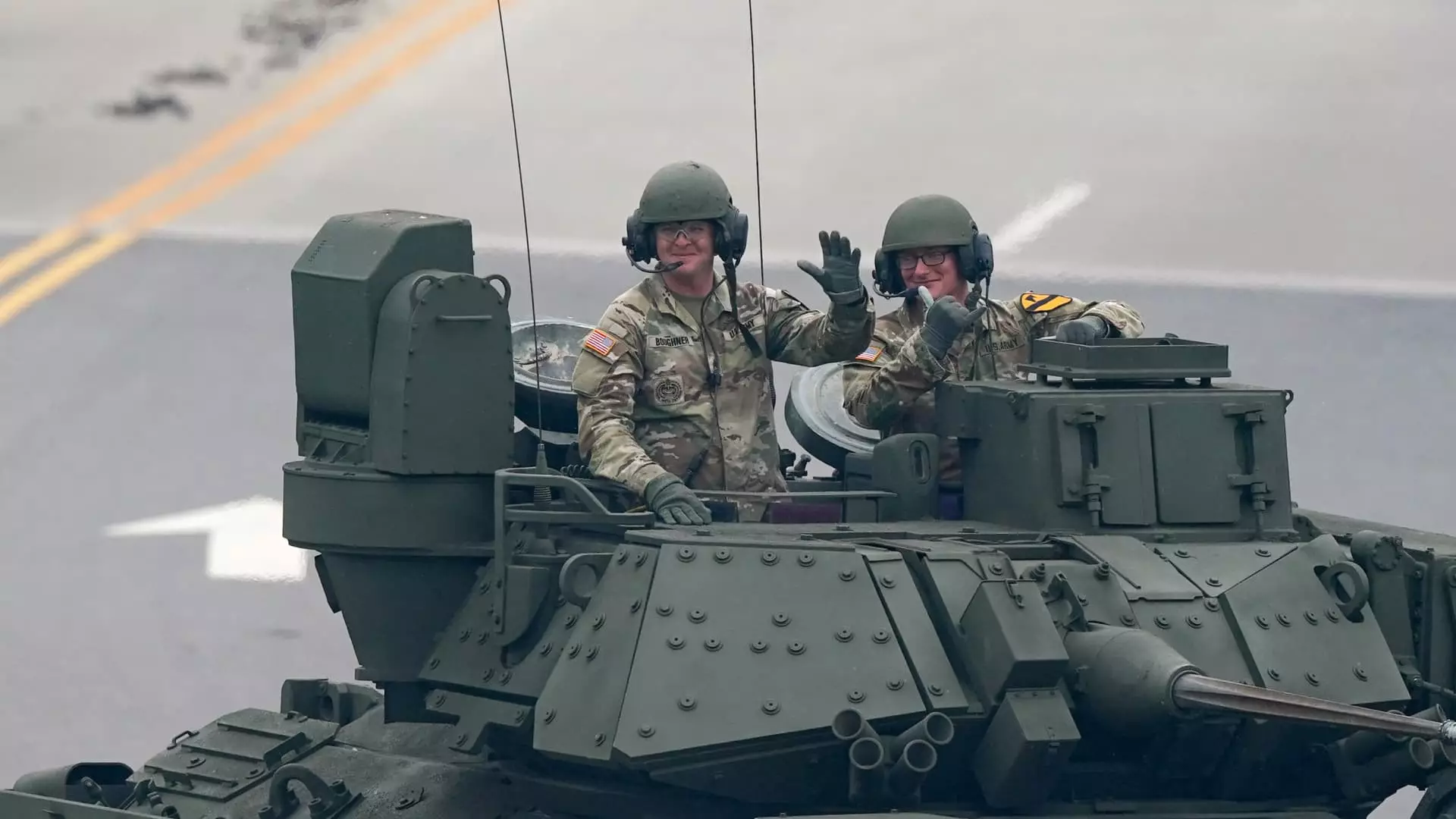The NATO summit in The Hague has precipitated a dramatic shift in defense policy that ought to raise eyebrows across Europe and beyond. As leader after leader commendably steps forward to commit to a staggering increase in defense spending to 5% of gross domestic product (GDP), it begs the question: is this truly a necessary reaction to global instability, or an overzealous leap into militarization? The exclave of caution is eerily absent from these discussions, raising alarms about an ever-growing defense establishment at the expense of pressing domestic issues.
Predominantly, NATO’s 32 member states—save for Spain—have decided to inflate their defense budgets, colluding in a silent pact that could have lasting reverberations not only on military engagement but also on civilian welfare. In times when economic disparity is already accentuating societal unrest, diverting resources from humanitarian, educational, and social welfare initiatives into burgeoning defense budgets seems like a reckless gamble. We must wrestle with the reality that this increased military funding might not guarantee greater security—or peace, for that matter, as evidenced by the escalating arms race that often tends to follow such announcements.
European Markets and Defense Stocks Surge
The immediate consequence of this aggressive stance can be seen in the stock markets, where European defense stocks have swelled in what feels like an alarming endorsement of militarization. The regional Stoxx Aerospace and Defense index surged by 1.2%, a clear victory for military firms, but a solemn reminder of the capitalists’ opportunistic nature that thrives on conflict and tension. Companies like Babcock International, Avio, and Renk are basking in the glow of a robust market, yet the underlying implications of this boom may be shrouded in forgotten ethics.
The question remains: what are we sacrificing for this economic upturn? It is troubling to think that the surge in defense stocks is inherently linked to the instability and conflict that continue to define our global landscape. It raises ethical concerns about our complicity in fueling an industry that thrives under the shadow of warfare, creating a vicious cycle of violence and rearmament without addressing the root causes—peace and diplomacy.
A Fragile Ceasefire and Market Vulnerability
As European markets buckled under anticipation of the NATO summit, they also find themselves watching the crumbling facade of diplomacy in the Middle East—the fragile ceasefire between Iran and Israel hangs by a thread, encapsulating the multifaceted tensions at play. The backdrop of rising defense expenditure coincides with traders’ speculation about the longevity of this ceasefire, providing an unsettling juxtaposition of peace and precarity.
The comments by U.S. Federal Reserve Chair Jerome Powell further complicate this scenario. Powell’s assurance of stability in economic policy until the effects of trade tariffs and inflation provide clarity may add a layer of comfort to skeptical investors. However, the undercurrent suggests a parallel narrative of unchecked military spending potentially distorting economic priorities. Can the financial markets sustain resilience when the political climate is rife with uncertainty? The relationship between military expenditure and economic stability is anything but linear, and one must be cautious about equating increased defense budgets with a thriving economy.
Socio-Economic Consequences and the Path Forward
The implications of this defense-centric pivot extend far beyond mere fiscal figures. As exemplified by the rising British pound against the U.S. dollar, there are short-term economic benefits to be debated. Yet, as priorities shift toward military expenditure, social welfare tends to be overshadowed. Educational systems that need reform, healthcare services that require funding, and environmental initiatives that desperate times call for may see their budgets slashed in favor of a seemingly urgent military buildup.
As passionate advocates for center-wing liberalism, we must remain vigilant. The common citizen should be at the forefront of policy decisions, not military-industrial complexes. A strategic reassessment is imperative. Enhancing defense does not equate to neglecting the need for social stability and humanitarian efforts. Instead of positioning military budgets as a safeguard for national security, we should be prioritizing diplomacy and cooperative policies that advocate for a more peaceful and equitable world.
In critical reflection, we cannot permit ourselves to be dazzled by the rapid rise of defense stocks without recognizing the societal costs. The conversation about security must transcend mere militarization—it requires bold discourse around human welfare, equity, and sustainable peace before we plunge headlong into a defense-focused economy.


Leave a Reply